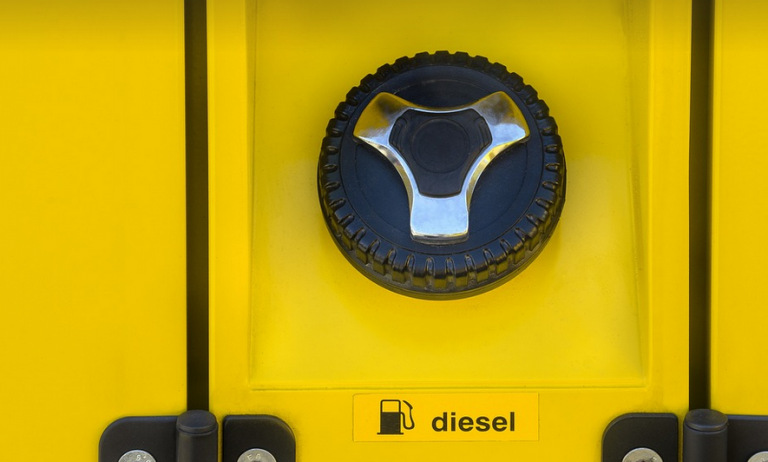The Cold Truth About Washing Your Ride
So, you’ve got that fresh feeling of a brand new car and the urge to give it a good wash after a long day. But winter has arrived, and those crisp, frosty mornings are beckoning. You might be tempted to grab your trusty hose and soap; however, there’s more to this seemingly simple task than meets the eye.
Let’s dive into the fascinating world of car wash temperatures and understand how they impact your beloved vehicle. We’ll explore whether freezing temperatures truly pose a threat or if you should simply embrace winter’s chill.
First things first, let’s address why washing your car in freezing temps might not seem like the best idea. It’s all about physics and chemistry, folks!
Imagine water as a force of nature, swirling and bouncing around, but in a very specific way. When it freezes, it transforms into ice crystals – those tiny, sharp-edged puzzle pieces that can wreak havoc on your car’s paintwork. Think about the potential for damage – scratches, pitting, and even uneven drying.
The cold seeps into the very essence of the car wash, turning it from a source of sparkling clean to an environment where water turns into ice. This can cause the paint on your car’s surface to become flaky and brittle.
Additionally, frozen water expands as its temperature drops. The expansion force is a strong one that could potentially warp and damage your car’s bodywork. Let’s just say it’s not exactly the kind of “ice-cold” treatment you’d want for your ride.
So, what about those who claim they’ve had success washing their cars in frigid temperatures? Well, there are a few things they might be missing. They may have skipped some crucial steps, like pre-rinsing with warm water first, or even used special car wash products that work better in cold weather.
Remember, the key is to be mindful and adapt your approach based on your vehicle’s condition and the surrounding temperature. For instance, a new car might be fine with a quick rinse in freezing temperatures, but an older one might need some extra TLC before venturing into the cold.
On the other hand, a winter wash for your car could potentially increase its lifespan. This is especially true if you’re using a pressure washer or a high-powered hose to clean your car. These tools can be more effective in removing dirt and grime than traditional methods such as a bucket and sponge.
The use of winter car washing products can also play a crucial role in keeping the paintwork protected. It’s important to choose products specifically designed for winter conditions, with ingredients like waxes and polymers that help repel snow and ice, thus preventing any potential damage.
Now, let’s talk about the practical aspects of cold-weather car washing. Washing in the dead of winter might come with its own set of challenges. For instance, the water pressure might need to be adjusted, as some hoses might freeze up or burst due to sudden temperature changes.
Always remember to work in a well-ventilated area and wear warm clothes when washing your car in cold weather. This will help you stay comfortable and safe throughout the process.
Finally, let’s talk about safety. Washing your car in freezing temperatures can be dangerous if you don’t take precautions. Make sure that you have proper insulation for your hands to prevent frostbite and wear warm gloves and boots.
Always remember that safety first, folks! When dealing with water, especially frozen water, it’s always wise to err on the side of caution and postpone car washing until warmer temperatures arrive.



















